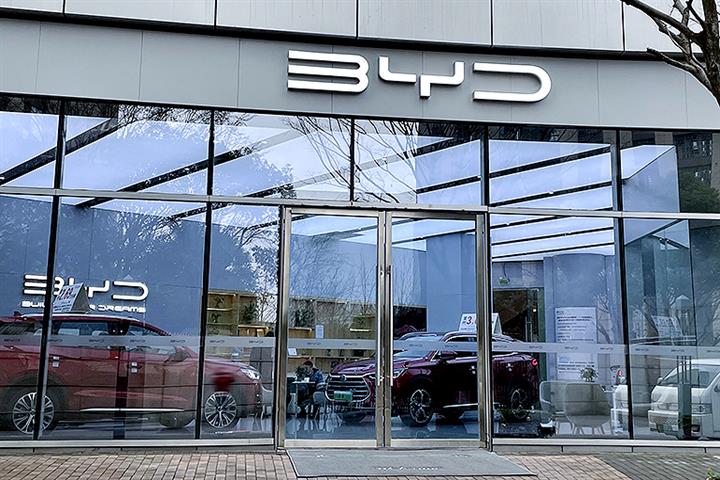 BYD’s Shares Fall as China Probes Carmaker’s Plant Emissions
BYD’s Shares Fall as China Probes Carmaker’s Plant Emissions(Yicai Global) May 9 -- BYD’s shares dropped after authorities in China reportedly started an investigation into a factory belonging to the leading new energy vehicle maker following complaints by local residents about pollution.
BYD [SHE: 002594] closed 3.9 percent lower at CNY232.73 (USD34.63) today, after earlier slumping as much as 4.6 percent. The broader Shenzhen stock market fell 0.4 percent.
Changsha city, the capital of Hunan province, has set up a team to organize relevant government departments, third-party testing agencies, and experts to look into the plant, which is located in the city’s Yuhua district , Changsha Evening News reported yesterday.
Local residents took to the internet last weekend to complain about a pungent smell coming from the plant since last month, the report said, adding that they claim it causes nosebleeds in children as well as vomiting and coughing in adults, the report said.
The plant went into operation in 2012 and its emissions are in line with relevant national standards, Shenzhen-based BYD said in a statement on May 7, adding that it has taken steps to improve the bad odor in neighboring residential areas.
The Changsha plant was BYD’s first in central China, with a total investment exceeding CNY10.7 billion (USD1.6 billion) and it has about 17,000 workers, Yicai Global learned.
In January, the factory was added to a list of key firms for volatile organic compound control disclosed by the city’s ecology and environmental bureau. BYD will have to improve the processing of raw materials, coating, recycling, and monitoring before an October rectification deadline.
The automaker has been China’s top seller of NEVs for nine consecutive months. Its NEV sales topped 392,000 in the first four months, up nearly 400 percent from a year ago, according to the firm’s own data.
BYD announced early last month that since March it has stopped making fossil fuel-powered vehicles and that it will focus on battery electric cars and plug-in hybrids, becoming the world’s first carmaker to do so. The company will continue making fuel vehicle parts and ensure supplies for the full product life cycle, it added.
Editors: Dou Shicong, Futura Costaglione